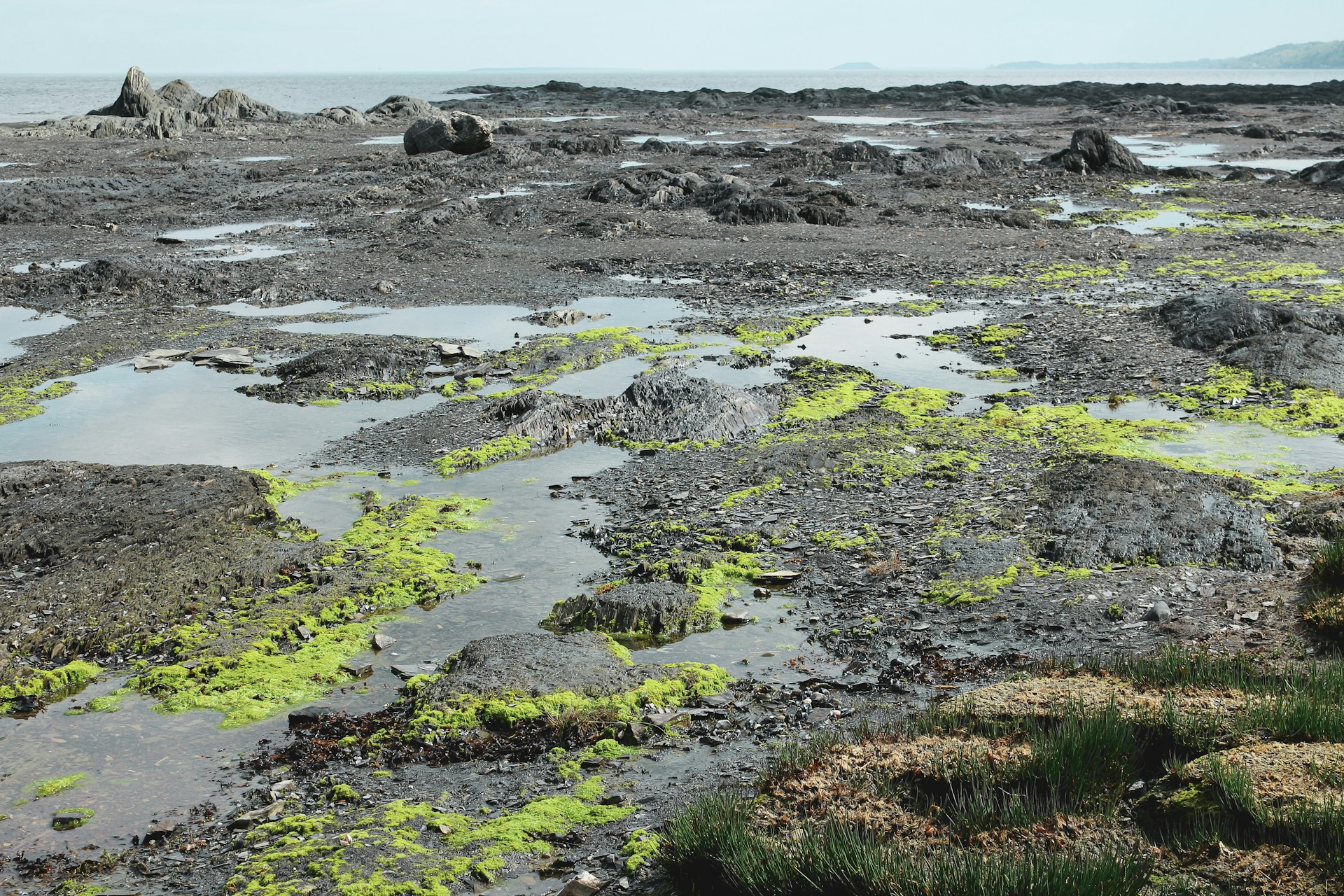In Germany, millions of tons of peat are mined annually to produce potting soil used in gardens and on balconies. However, what many might not realize is the critical role of peat as a climate protector.
Peat bogs, from which this material is harvested, contain vast amounts of carbon accumulated from plants that have died over centuries but have not fully decomposed. When intact, these bogs can store up to twice as much carbon as all the forests on Earth combined.
Destructive Impact of Peat Mining
The extraction of peat destroys these sensitive ecosystems. To access the peat, bogs are drained, leading to the release of stored carbon as carbon dioxide into the atmosphere. Carbon dioxide is a well-known greenhouse gas that exacerbates global warming. Additionally, the drainage process releases nitrous oxide (N2O), which is over 300 times more harmful to the climate than CO2, according to the environmental group Nabu. Thus, through drying and agricultural use, bogs transition from being a store of greenhouse gases to a source.
Historically, Germany had a significant number of bogs, covering about 4.2 percent of the country with 1.5 million hectares. Today, over 95 percent of these are dried out, resulting in the release of approximately 44 million tons of CO2 equivalents per year from the former bog soils—accounting for five percent of Germany’s total emissions. In 2021, this figure was even higher at seven percent, surpassing the emissions of the industrial sector for that year, as reported by the German Federal Environment Agency.
Globally, peat in bogs holds about one-third of our planet’s carbon reserves. A peat layer just 15 centimeters thick can absorb as much CO2 as a hundred-year-old forest of the same area. If the layer is one meter thick, it can bind six times as much carbon.
Bogs’ Contribution to Biodiversity and Climate Protection
Besides their role in carbon storage, intact or wet bogs are crucial for biodiversity, providing habitats for rare bird species like the curlew and various insects. They also play a significant role alongside forests in climate protection efforts in Germany.
Government Initiatives and Sustainable Alternatives
Recognizing these benefits, the German government has launched the “Natural Climate Protection Action Program” to enhance the protection of the country’s bogs. This includes plans to reduce peat extraction and invest 48 million euros over ten years to re-wet the largest bog areas.
Despite the drying for agriculture and the extraction of peat for potting soil, sustainable, peat-free alternatives are increasingly available. These include composted materials such as wood fibers, bark, and coconut fibers, which are becoming more popular as environmentally friendly options for potting soil.
In 2019, Germany extracted approximately 4.7 million cubic meters of peat, equivalent to about 5.1 million tons. Most of this activity is concentrated in Lower Saxony, where peat mining impacts significant areas annually.
